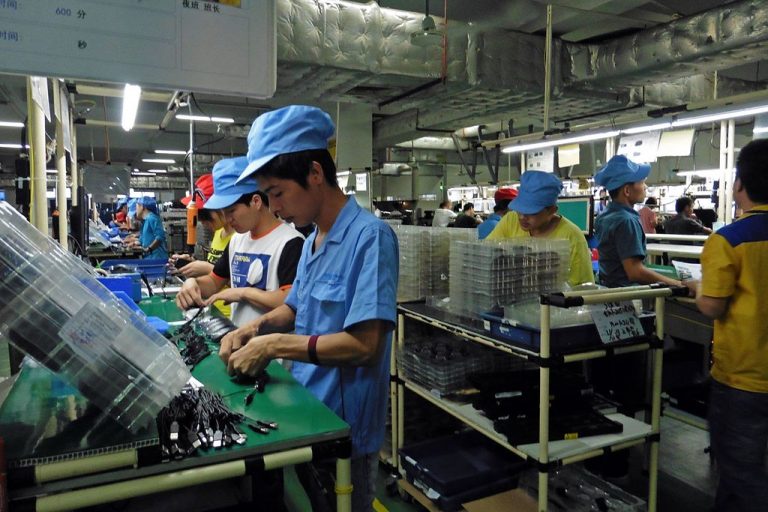As Chinese leader Xi Jinping’s crackdown on the country’s Big Tech sector continues, Beijing’s regulators are upping the heat on a heavily saturated internet sector, adding financial pressure to tech companies already impacted by profit declines.
The mounting financial strain has resulted in a new wave of job cuts. China’s largest tech firms — mobile video sharing Kuaishou, Tiktok owner ByteDance, and video-streaming platform iQiyi, owned by Baidu — have all reported massive layoffs.
While it is common practice for Chinese tech firms to lay off underperformers at each year’s end, South China Morning Post reported that this round of job cuts are a reflection of the increasing regulatory tightening the country’s tech sector is facing.
According to sources familiar with Hong Kong-listed video platform Kuaishou, the company has been letting go of employees who received low performance review scores. Laid-off employees were offered a severance package based on the number of years they had worked in the company, plus one additional month’s salary, sources who declined to be identified told SCMP.
“It has set off panic among a lot of people in the company because the layoffs appear to start with highly-paid team leaders,” one of the sources said.
Success
You are now signed up for our newsletter
Success
Check your email to complete sign up
Meanwhile, Nasdaq-listed iQiyi also kicked off a new round of layoffs at the start of this month, trimming more than 30 percent of its payroll, and mostly targeting employees in the sales and marketing departments. The laid-off employees were offered similar compensation as those in Kaishuo, according to state media Yicai.
iQiyi saw its worst performance in the last quarter, with a profit loss of 41.6 percent, equaling 1.7 billion yuan (approximately US$270 million.) The company’s chief executive Tim Gong Yu told SCMP that “the biggest challenge for our industry has been a supply shortage of online videos, as the COVID-19 pandemic and stronger censorship delayed the launch of new web dramas.”
ByteDance, owner of video giant Tiktok has also laid off more than 1,000 staff members from its educational tech business models. The new round of cuts follows an extensive round of layoffs that occurred in August. According to tech analysis site Technode, the company’s restructuring is concentrated in the K-9 education units that offer after-school tutoring services.
The company’s edtech business has cut roughly a third of its headcount, from 15,000 at the beginning of this year to fewer than 10,000 now, a source familiar with ByteDance’s internal operations confirmed to Technode. The source, who also declined to be identified, said the company may see worsening cash flow problems as the once highly lucrative edtech sector continues to rapidly downsize.
Meanwhile, ecommerce giants Tencent and Alibaba have also seen their biggest decline in revenue as the country’s sweeping regulatory crackdown continues to intensify.
READ MORE:
China’s Tech Industry Expecting Drop in Profit as Xi’s Crackdown Continues
Alibaba, China’s largest online retailer was fined a record $2.8 billion in April this year after antitrust regulators docked the company for acting like a monopoly and preventing other merchants from selling products across rival e-commerce platforms.
Since then, Alibaba’s market value has dropped an estimated $400 billion as Chinese authorities enforce new regulations. The online shopping giant’s share price also saw a drop of 35 percent in the July-September quarter. Experts believe the company will see a further 12 percent decline, the slowest it has seen in a year.
China’s gaming regulator has also not approved any new games and barred the country’s largest online gaming platform Tencent from signing exclusive music deals, citing anti-competitive and monopolistic reasons.














